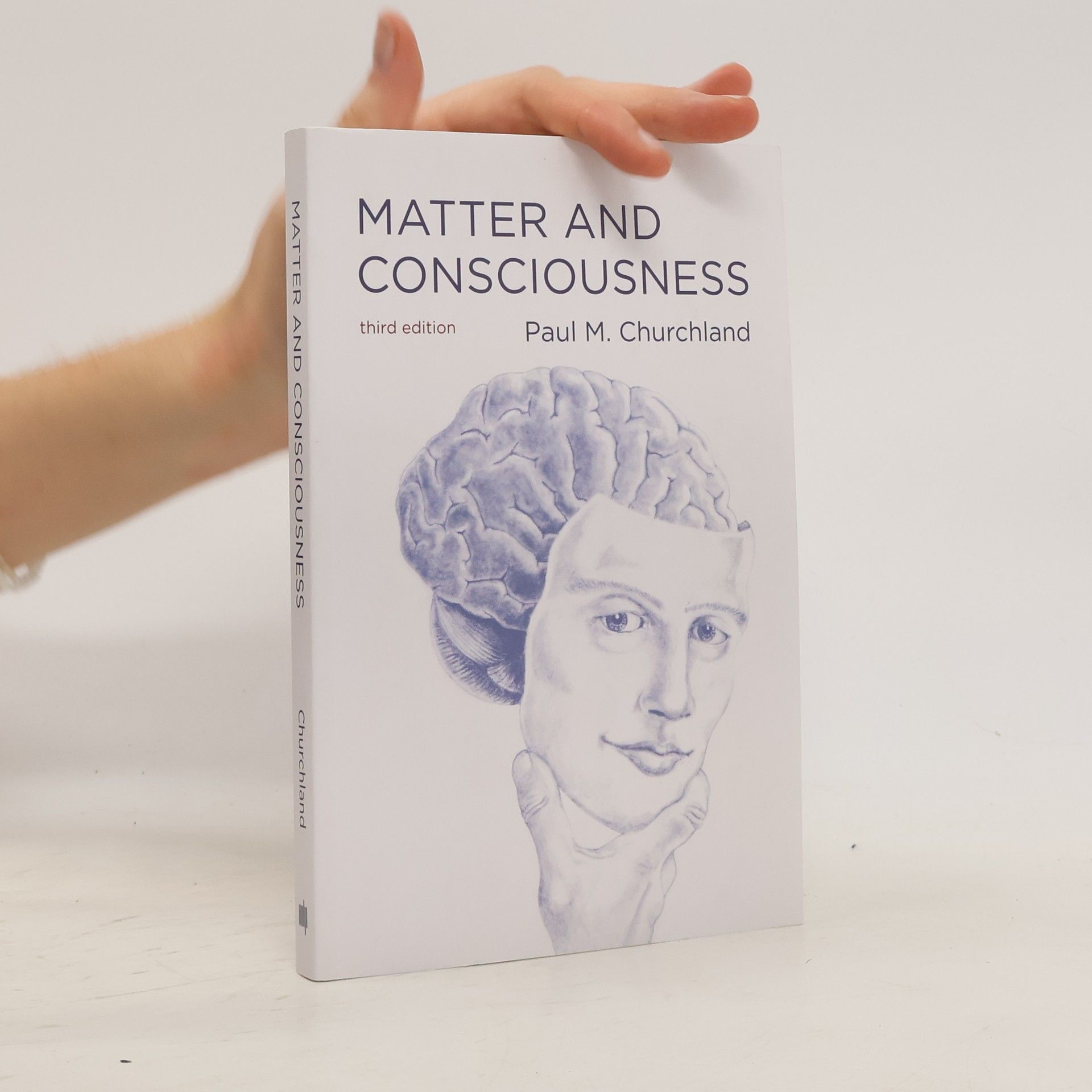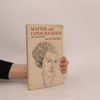Matter and Consciousness
Autori
Parametre
Kategórie
Viac o knihe
In "Matter and Consciousness," Paul Churchland clearly presents the advantages and disadvantages of such difficult issues in philosophy of mind as behaviorism, reductive materialism, functionalism, and eliminative materialism. This new edition incorporates the striking developments that have taken place in neuroscience, cognitive science, and artificial intelligence and notes their expanding relevance to philosophical issues. Churchland organizes and clarifies the new theoretical and experimental results of the natural sciences for a wider philosophical audience, observing that this research bears directly on questions concerning the basic elements of cognitive activity and their implementation in real physical systems. (How is it, he asks, that living creatures perform some cognitive tasks so swiftly and easily, where computers do them only badly or not at all?) Most significant for philosophy, Churchland asserts, is the support these results tend to give to the reductive and the eliminative versions of materialism. "A Bradford Book"
Nákup knihy
Matter and Consciousness, Paul M. Churchland
- Jazyk
- Rok vydania
- 2013
Doručenie
Platobné metódy
2021 2022 2023
Navrhnúť zmenu
- Titul
- Matter and Consciousness
- Jazyk
- anglicky
- Autori
- Paul M. Churchland
- Vydavateľ
- MIT Press
- Rok vydania
- 2013
- Väzba
- mäkká
- ISBN10
- 0262519585
- ISBN13
- 9780262519588
- Kategórie
- Filozofia
- Anotácia
- In "Matter and Consciousness," Paul Churchland clearly presents the advantages and disadvantages of such difficult issues in philosophy of mind as behaviorism, reductive materialism, functionalism, and eliminative materialism. This new edition incorporates the striking developments that have taken place in neuroscience, cognitive science, and artificial intelligence and notes their expanding relevance to philosophical issues. Churchland organizes and clarifies the new theoretical and experimental results of the natural sciences for a wider philosophical audience, observing that this research bears directly on questions concerning the basic elements of cognitive activity and their implementation in real physical systems. (How is it, he asks, that living creatures perform some cognitive tasks so swiftly and easily, where computers do them only badly or not at all?) Most significant for philosophy, Churchland asserts, is the support these results tend to give to the reductive and the eliminative versions of materialism. "A Bradford Book"




